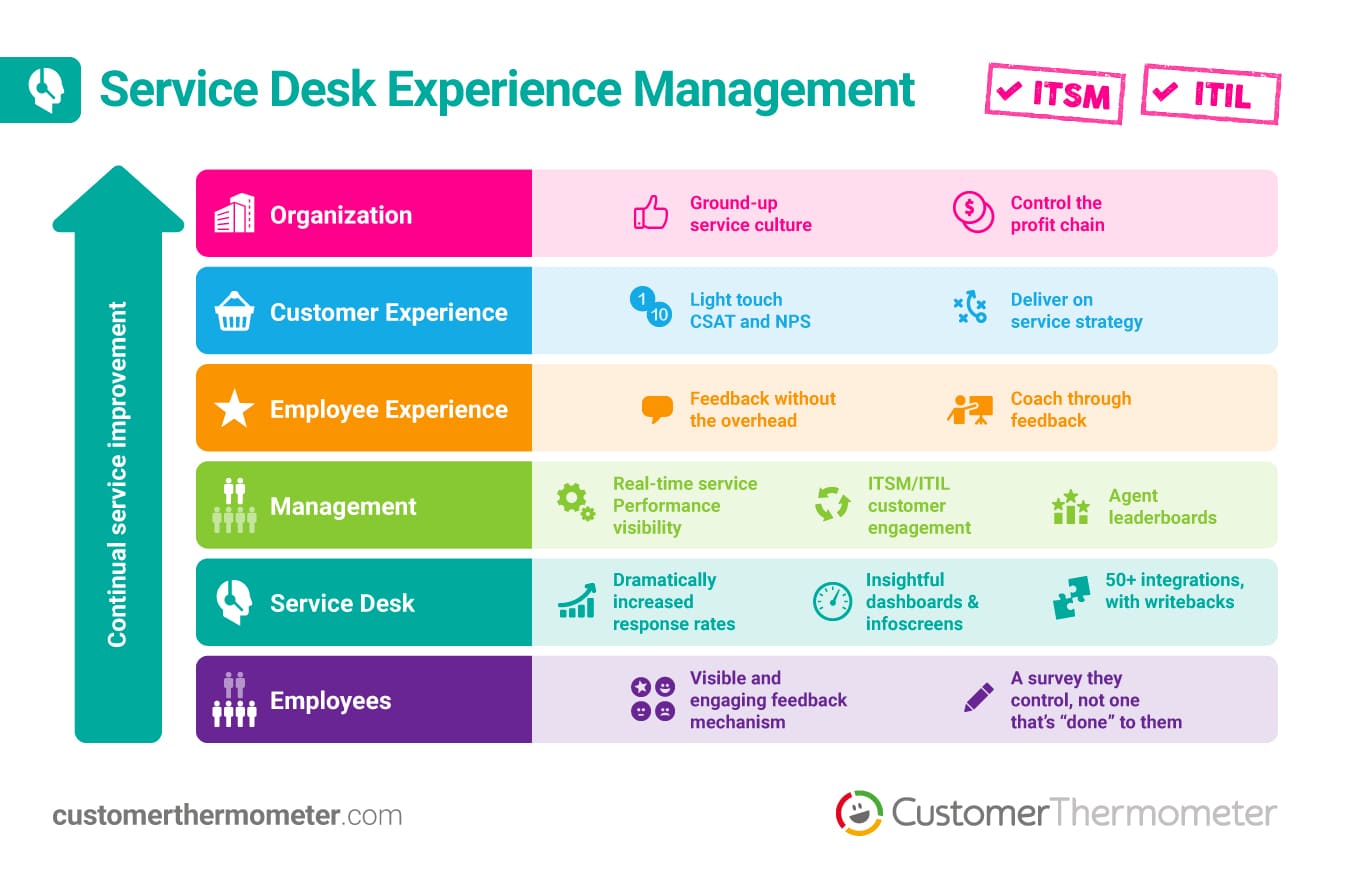
29sixservices
اضافة الى المراجعة تابعملخص
-
تاريخ التأسيس 26 أبريل، 1974
-
المجالات الوظيفية وظائف القطاع الخاص
-
الوظائف المنشورة 0
-
شاهد 86
وصف الشركة
What is Payroll Outsourcing?
What is payroll outsourcing?
Payroll outsourcing is working with a third-party supplier to handle payroll-related jobs, including determining and verifying salaries and wages, subtracting and transferring funds for tax withholdings, making sure pre- and post-tax benefit deductions are processed, printing incomes, setting up direct deposits, and preparing payroll reports and journals for general ledger entries.
An outsourced payroll company will need access to your business savings account and staff member time tracking system. This needs trust between the business contracting the payroll service and the service itself. A legally binding service contract describing the payroll outsourcing business’s terms, conditions, and expectations strengthens that trust.
Companies that employ a payroll contracting out company might also want to outsource PEO or HR services. Search for a “full-service payroll service provider” to handle that. Their services usually include handling staff member benefits, tax filing, and personnel functions like onboarding and assessing medical insurance companies. Pricing will be based on the number of employees.
Why should a business outsource payroll?
There are numerous reasons that an organization ought to consider contracting out payroll. Two of them are tax compliance and precise tax reporting. A payroll professional is trained in both functions. A third-party provider will have a payroll group of experts dealing with your account. They’ll deal with the payroll obligations, tax withholdings, and staff member benefits.
Outsourcing saves time
Payroll processing is lengthy. Payroll administrators track and implement benefit deductions, wage garnishments, paid time off, unpaid time off, taxes, and payroll mistakes. They also require to be knowledgeable about information security problems that could emerge throughout the onboarding when they gather staff member data. A payroll business can handle all that for you.
Outsourcing can reduce costs
The time employees spend processing payroll in-house and the income of the payroll supervisor are costs. A small company can spend a considerable portion of its income on those costs. It’s typically more affordable to work with a payroll processing service. Prices for some payroll services are as low as $40 each month to deal with fundamental payroll functions.
Outsourcing makes sure tax precision
Small organizations can not afford mistakes in payroll taxes. The penalties and charges examined by state and IRS tax auditors can be substantial. A recognized payroll company will ensure that the right amount of taxes will be withheld and transferred on time. They presume the obligation and liability for that, providing your company assurance.
Outsourcing offers data security
Payroll companies employ sophisticated security measures to secure employee info. That consists of preserving privacy on concerns like wage garnishment, payroll mistakes, and business tax filing. Companies with a self-service payroll system or on-site advantages supervisor do not usually execute the very same security procedures.
Outsourcing removes software concerns
The expenses of installing, preserving, and repairing payroll software collect rapidly when you have a large workforce. Hiring the right payroll company removes that issue. They have their own software application, and it’s included in what you pay them. That can simplify accounting processes like cost management and enhance your capital.
Outsourcing includes a payroll support team
Companies that do payroll separately generally have someone reacting to support problems. Outsourcing generates a support team that can handle questions about direct deposit, advantage deductions, tax liability, and more. This also falls under “cost saving” due to the fact that someone who would otherwise be handling service problems can be redeployed elsewhere.
What is payroll co-sourcing?
Another choice for small organizations that need assistance is payroll co-sourcing. This is a hybrid design in which payroll tasks are split between business and the third-party payroll company. For example, the payroll business manages tasks like information entry, tax computations, and providing paychecks or direct deposits. The main company maintains control over the movement of payroll funds and making tax withholding deposits.
Special considerations for international payroll outsourcing
Most small company owners in the United States do not require to deal with international payrolls. If you expand your services or work with specific employees outside the nation, that could change. International payroll solutions include multi-currency capability, compliance for the nations you’re doing service in, and global tax rates and tables.
The payroll needs of staff members in other nations vary from those in the United States. For instance, 35 hours is thought about a full-time workload in France. Your business would require to pay overtime for anything over that. You don’t need to pay social security tax. You may, nevertheless, need to pay US corporate earnings tax.
Benefits administration for an international payroll is various also. HR groups with companies doing internal payroll will be responsible for inspecting health insurance requirements and optimal retirement contribution guidelines in the nations where you have workers. Business requires to do that every pay duration if you’re actively recruiting. That’s a lot to keep an eye on.
How payroll outsourcing works
Outsourcing includes moving payroll data. Automation simplifies that, so you’ll want to find a payroll service with good innovation. Best practices suggest opening a different business checking account specifically for payroll. Many business established sub-accounts of their main savings account to simplify the transfer of funds to cover payroll checks and direct deposits.
Planning to contract out payroll
The next action is to choose what degree of outsourcing is appropriate. Turning “all things payroll” over to a third-party service provider might not be the most economical solution. Some services choose to co-source payroll, keeping some of the payroll jobs in-house. That offers the organization control over the procedure without taking on a heavy work.
Picking a payroll contracting out partner
A lot enters into picking the ideal payroll outsourcing partner. Doing company with somebody you trust is very important, so find a payroll company with a great reputation. If you’re co-sourcing, you’ll require a partner ready to share the work. Using payroll software is likewise an option. Many payroll software providers have live assistance groups.
Setting up and running payroll
Decide how frequently you wish to run payroll. Some business do it weekly, while others prefer biweekly or monthly. Once you select a payroll cycle, run a sample talk to a pay stub to make sure the system works appropriately. Your outsourced payroll company will likely do that anyhow. If not, demand it so you can see how the process works.
Facilitating employee self-service
Outsourced payroll companies usually provide online websites where staff members can see their net earnings, benefits, and tax reductions. Directing them there rather than to a live support center is a fantastic way to lower corporate costs. It may take some time for workers to embrace this approach. Stay consistent with your messaging until it takes hold.
Payroll tax and compliance concerns
Employers are eventually responsible for paying payroll taxes, even if they contract out payroll to a third-party provider. The payroll business can enhance your operations to make them more affordable, and it can take on the duty of tax withholdings and deposits. However, any IRS penalties for mistakes will be levied versus the main company.
IRS correspondence is always sent out to the main service, not the third-party provider. They do not send out a copy to your payroll company. You can alter your address to the payroll business, but the IRS does not advise that. If mail is mishandled or accountable parties are not in the office, your firm could be on the hook for their mismanagement.
Federal tax deposits ought to be made via electronic funds transfer (EFT) to comply with IRS policies on payroll. The IRS has a system called the Electronic Federal Tax Payment System (EFTPS) to assist in that. Businesses are assigned an employer identification number (EIN) that needs to be supplied to the payroll company if you’re going to outsource.
Please seek advice from with a tax expert to provide more assistance.
Best practices for outsourcing payroll
Relinquishing control over your payroll is a huge offer. Following these best practices will assist make the look for a service provider and the shift smoother. It’s also recommended that you do not do this alone. Form a team at your company to investigate payroll outsourcing, then take a minute to examine these and the “Frequently Asked Questions” area below.
Choose a trusted payroll service provider
Reputation should be important in your search for a third-party payroll business. This is not a service you wish to shop by rate. Search for online reviews. Ask other business owners who they are using. You can likewise talk with your bank or examine the Integrations Page on our site. Rho connects to accounting, ERP, and human resources companies with payroll partners.
Read up on policies and tax commitments before outsourcing
Your business is eventually responsible for staff member tax withholdings and payroll tax deposits to local, state, and federal revenue departments. You can outsource those obligations, but you’ll pay the cost for any errors. Read up on this and other policies that affect how you pay your staff members. Ensure you comprehend what your tax obligations are.
Get stakeholder buy-in
Your staff members are your stakeholders. Consulting them about relocating to an outside payroll business will make the transition much easier for you and your management group. Many companies start the outsourcing process by conversing with their employees about what they want from a payroll company. This can also assist you construct an advantage package.
Review software application alternatives
One alternative to outsourcing is using payroll software that automates much of the payroll processing. While this may not completely totally free you from dealing with payroll concerns, it might streamline preparing and issuing incomes and direct deposits. Review software application alternatives before selecting an outdoors company to deal with payroll and advantages.
Build redundancies for accuracy
Running a payroll in parallel with the payroll being run by an outsourced service provider creates a redundancy to guarantee accuracy. Consider it as a check and balance system that secures you if the payroll business goes down for any factor. When things run smoothly, you will not need to process checks. When they don’t, you’ll have the ability to do so.
Payroll outsourcing FAQs
How does payroll outsourcing work?
Payroll outsourcing is transferring and duties to a third-party payroll supplier. Depending upon the contract in between the main company and the payroll provider, the provider can be accountable for all or just some of the payroll jobs. Examples of payroll tasks are verifying incomes, subtracting and depositing payroll taxes, and printing incomes.
Is payroll contracting out a great idea?
Companies that contract out payroll can decrease the expenses of handling and delivering worker compensation. Some outsourced payroll business likewise use human resources, which can enhance business operations. Those are both excellent concepts, however outsourcing will boil down to your company needs. It’s an excellent concept if it enhances your bottom line.
Who are some typical payroll contracting out partners?
Gusto, Paychex, and ADP are three of the most widely known payroll companies. QuickBooks, a popular accounting platform for small companies, also has a payroll service. If you work globally and need multiple currencies and international compliance, inspect out Rippling Global Payroll. For personnels, take a complimentary demo of BambooHR.
Can I do payroll myself?
Yes, you can do payroll yourself. However, if you wish to do it properly, you’ll require the right payroll software. Doing it without software leaves too much space for error.
When does it make good sense for a company to start payroll outsourcing?
Companies can outsource their payroll at any time. It’s typically a great idea to start pricing payroll services when you get close to 10 staff members. Evaluate the cost and the time it requires to process payroll every week. You’ll understand when it’s time to make a relocation.
Conclusion: Simplify payroll with Rho and Gusto
Outsourcing payroll to another business can be an excellent relocation for great deals of companies. But it is essential to carefully research the outsourcing procedure, understand your tax commitments, and totally veterinarian any company you’re thinking about as a third-party payroll processor.
Once you do choose one, Rho has direct integrations with one of the most popular choices on the market today: Gusto. Through this direct combination, teams on Gusto can ready up quickly with Rho and begin running payroll more effectively. With Gusto, teams can anticipate not only improved payroll processes, but HR, too. By eliminating the friction from these vital work streams, teams can focus on other aspects of their service, all while staying a compliant, effective, and trustworthy.
Learn more about Rho’s integrations today.
Any third-party links/references are provided for informational functions just. The third-party sites and material are not backed or controlled by Rho.
Rho is a fintech company, not a bank. Checking and card services offered by Webster Bank, N.A., member FDIC; cost savings account services provided by American Deposit Management Co. and its partner banks.
Note: This content is for informational functions only. It doesn’t necessarily reflect the views of Rho and must not be construed as legal, tax, benefits, financial, accounting, or other recommendations. If you need particular advice for your service, please speak with an expert, as guidelines and regulations change regularly.




